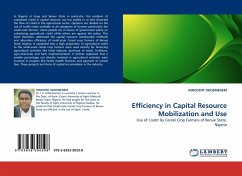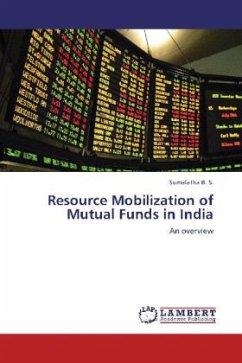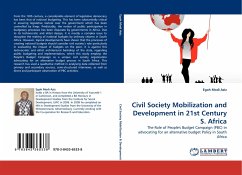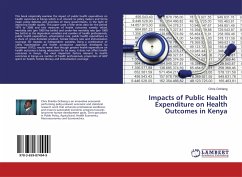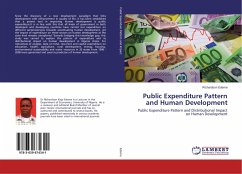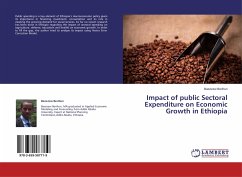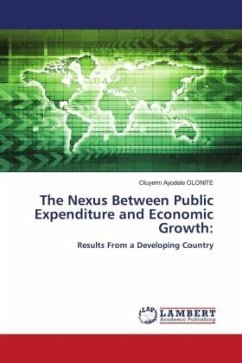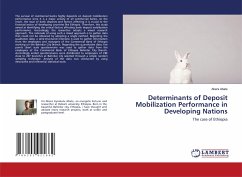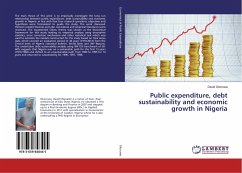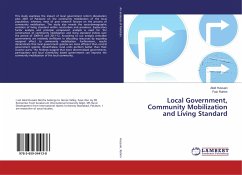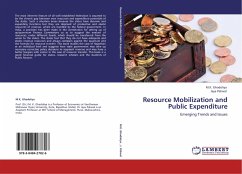
Resource Mobilization and Public Expenditure
Emerging Trends and Issues
Versandkostenfrei!
Versandfertig in 6-10 Tagen
52,99 €
inkl. MwSt.

PAYBACK Punkte
26 °P sammeln!
The most inherent feature of all well established federation is assumed to be the chronic gap between own resources and expenditure potentials of the states. Such a situation arises because the states have dynamic and expanding functions but they are deprived of productive and elastic resources of revenue, which are handled by the federal government. In India, a provision has been made in the constitution for setting up of quiquennium Finance Commissions so as to suggest the amount of resources, under different heads, which should be transferred from the union to the states. The states feel th...
The most inherent feature of all well established federation is assumed to be the chronic gap between own resources and expenditure potentials of the states. Such a situation arises because the states have dynamic and expanding functions but they are deprived of productive and elastic resources of revenue, which are handled by the federal government. In India, a provision has been made in the constitution for setting up of quiquennium Finance Commissions so as to suggest the amount of resources, under different heads, which should be transferred from the union to the states. The states feel that they do not have adequate and elastic revenue resources and always complain against the quantum and the formula for resource transfer. This book studies the case of Rajasthan at an individual level and suggests how state government may take up necessary corrective policy decisions to augment revenue and may have a better bargain with center in the case of resource transfer. This book is agood financial guide for states, research scholars and the students of Public Finance.



